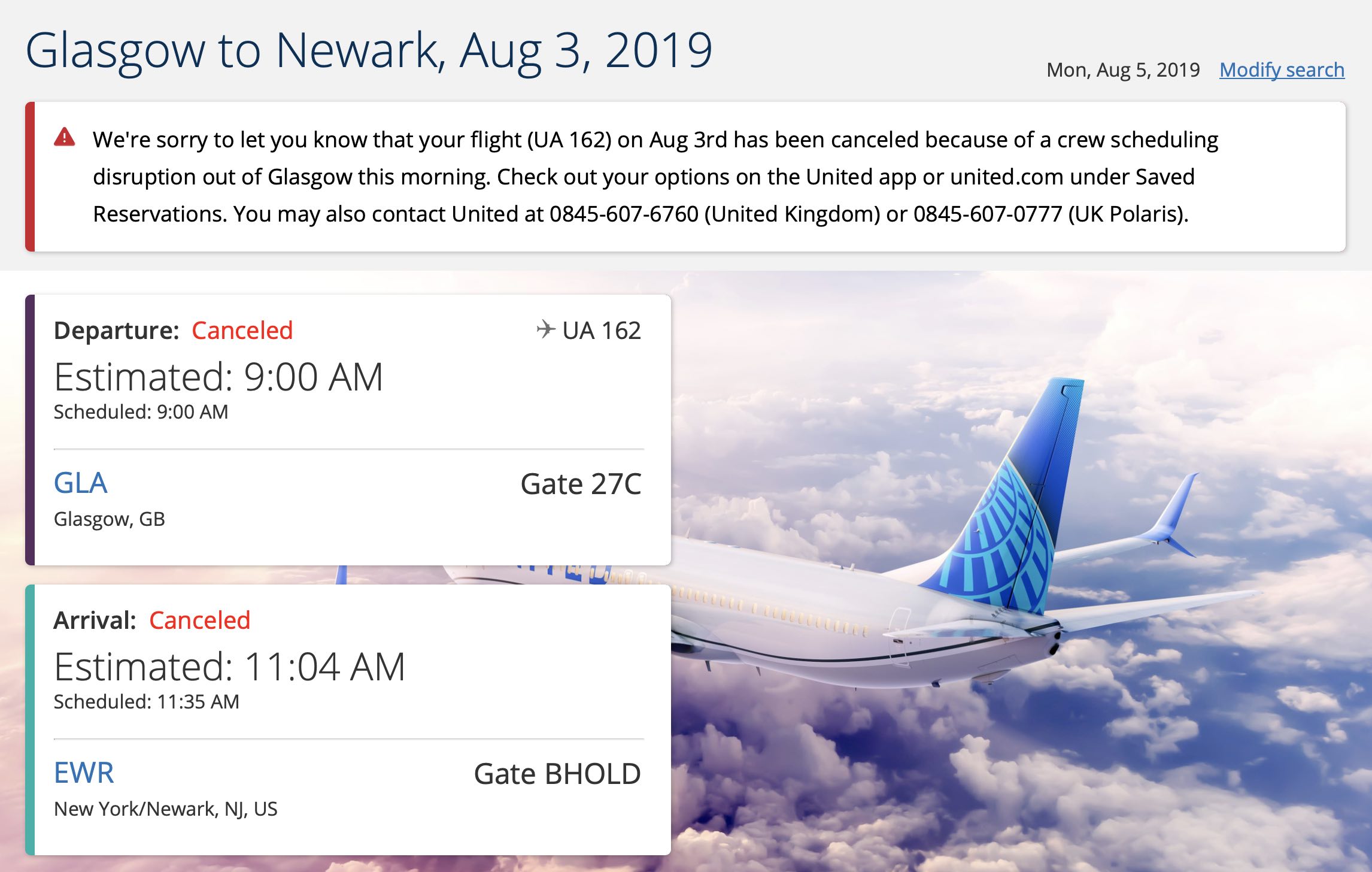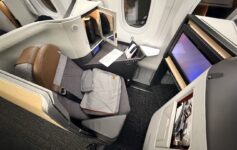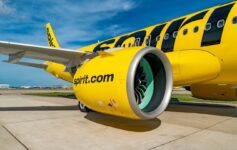I have virtually zero doubt that the two United pilots arrested for “intoxication” at Glasgow International Airport on Saturday could have flown safely across the Atlantic. But that’s not the point.
Pilots are held to a higher standard. The blood alcohol concentration(BAC) limit for pilots is much stricter than for United Kingdom motorists; twice as strict according to the BBC. That’s why pilots are instructed not to drink less than eight hours before their next duty assignment.
We don’t know the circumstances of their arrest. We don’t know why they were targeted for inspection. Nor do we know what their BAC was. But we do know they were arrested, which prompted a cancelled flight.
Police Scotland can confirm that two men, aged 61 and 45, have been arrested and remain in police custody pending a scheduled court appearance on Tuesday 6 August for alleged offenses under the Railways and Transport Safety Act 2003 (Section 93).
We also know United re-affirmed its “no tolerance” policy when it comes to alcohol:
The safety of our customers and crew is always our top priority. We hold all of our employees to the highest standards and have a strict, no tolerance policy for alcohol.
These pilots were immediately removed from service and we are fully cooperating with local authorities. At this time, we are working to get our customers back on their journey as soon as possible.
So what then? Why such a strict limit? Is it reasonable?
These BAC restrictions are to protect against the lowest common denominator, not those who can hold their liquor well. Some have an amazing ability to drink and drink without feeling the effects of it. Perhaps that was the case with these pilots. In fact, I’m willing to speculate that it was…I’ve flown over 1.5 million miles on United and find the pilots to be incredibly with professional (with one exception, not coincidentally out of Newark).
But that’s not the point…
Remember our recent discussion on bright line rules in the context of emotional support animals? Strict rules are not the ideal answer if the point is to gauge whether a pilot is truly intoxicated. However strict rules are really the only viable avenue. There is simply no other way, without huge cost and time expenditures, to determine if a pilot is fit to fly.
And when pilots disregard these limits, strict as they are, they violate the trust of their employer, co-workers, and passengers.
Think about the ripple effects of the cancelled flight from Glasgow to Newark. EU261/2004 compensation of 600EUR for every passenger. Missed connections. Hotel and meal vouchers. A new crew brought in from Newark. One Newark to Glasgow passenger was involuntarily bumped from his business class seat to make room for a deadheading pilot. What great optics…

CONCLUSION
We put our lives in the hands of our flight deck crew. Being a pilot is a difficult job, but a high-paying job for those who fly mainline. With that comes great responsibility. It is absolutely unreasonable for pilots to drink before they fly, even if it does not technically impact their performance in the slightest. Because that is not what the law and their contract specifies. It’s about BAC, not performance. And just because some can tolerate liquor, does not mean everyone else can. Strict rules are intended to keep more vulnerable pilots from struggling.
Whatever the outcome here, I hope that United will send the bill for every last penny to the two pilots who showed up to work legally intoxicated.
image: United





I once saw a Delta pilot asking for a drink from the FA before take-off. Should have reported this pilot to airport police right away.
“bright line rules” So you are a lawyer!
I don’t understand this post though. While BAC standards in Europe are generally stricter than in the States, I haven’t seen any news that the pilots’ BACs have been publicly released. And no one has suggested that the pilots were merely “buzzed” versus “hammered” AFAIK. We don’t know if they were over by an inch or a mile. So what is the basis for concluding they “could have flown safely across the Atlantic?”
As I stated, it is an assumption, not insight. I know far too many United pilots. Of course there are always bad apples in any organization, but I have to think this is not a buzzed/drunk situation. Time will tell.
My wife and two children were scheduled for the flight and were sitting there when the pilots were led to a room and subsequently police were everywhere. I, for one, am thankful someone had he courage to say something based on what I have heard as the reason why they were flagged. United ran around for three hours trying to find reserves before they cancelled it. They basically had not enough reserve crew available for the seven plus hour flight – As would have been the case if they both had food poisoning. We made it home 24 hours late. It happens. United did the right thing, but My trust with United IS shot particularly in light of the exact same problem on the same flight a few years ago. It’s not unlike someone driving my daughter home after babysitting if they had been drinking more that their personal or legal limit. I will not trust them again based on what CoulD have happened. Not with my family.
So here is the deal. As a professional pilot I’m
being paid primarily for my judgement.
All of us know that crossing the line on alcohol is a absolute sure fire way to get fired. Think too that the time limit is 8 hours from bottle to throttle. Which means you have to be well and truly hammered to be over zero 8 hours later.
All of this speaks to a lack of judgement so significant that these two likely don’t belong in a cockpit.
It’s incredibly sad that their careers have ended this way. On a personal level I feel nothing but sadness for them and their families.
But Matthew is spot on that this is a trust violation. Flying airliners is a sacred trust. When that door closes the customers trust me to deliver them safely and I never forget what an enormous responsibility that is.
Absolutely agree with 121Pilot. It is a lack of judgement issue for sure. If you have to drink alcohol within 8 hours of your flight, you do not belong in the cockpit. I’d go further than the “lack of trust”, I find it downright scary that any pilot would behave like this. I would hope any passenger/agent/observer would feel compelled to report any sign of alcohol use by a pilot.
Shameless irresponsible pilots .. only 3 words describe such men in our tribe